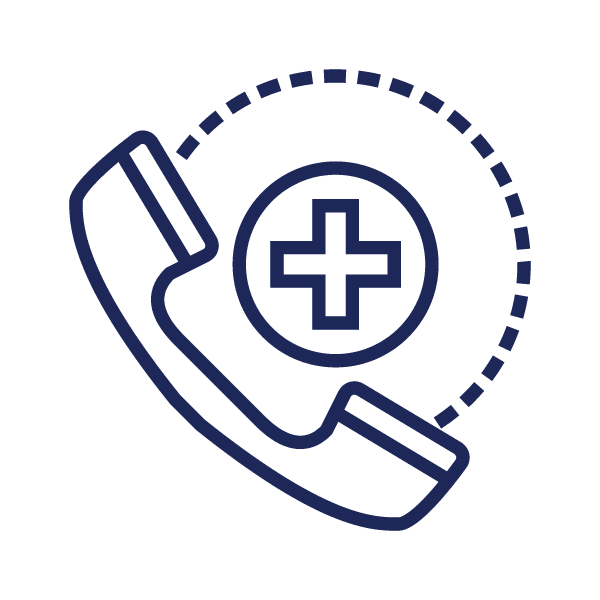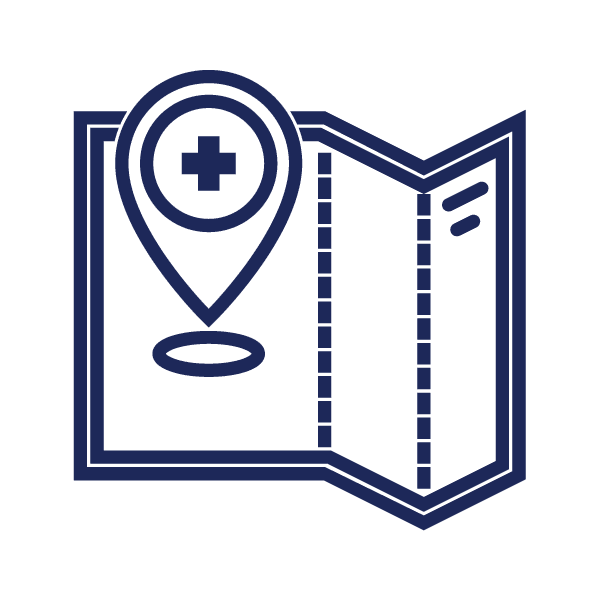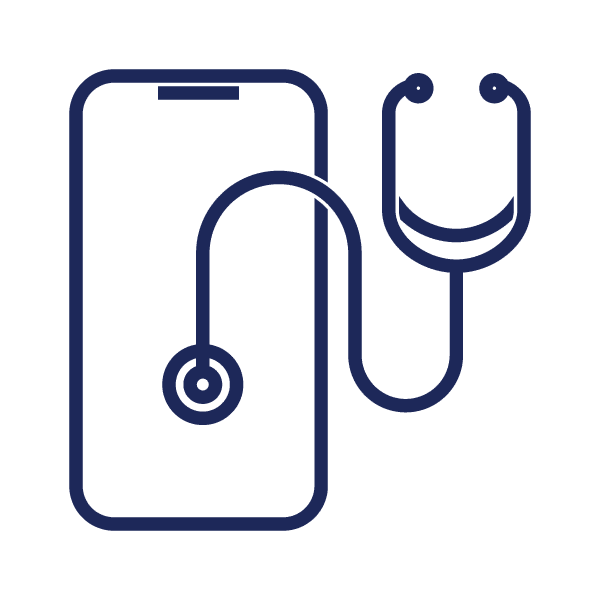- 0120-4438-111
- info@searchmymedical.com
- Office No 519, B Tower, Ithum Tower, Noida Sec 62.
Ovarian Cancer Treatment
Home > Ovarian Cancer Treatment

Understanding Ovarian Cancer
Ovarian Cancer develops in the ovaries, the reproductive organs responsible for producing eggs and hormones. It is often detected in advanced stages, making early diagnosis and prompt treatment crucial for better outcomes.
Ovarian cancer treatment is a multi-faceted approach designed to address the specific stage, type, and spread of the cancer. Ovarian Cancer often goes undetected in its early stages, which is why it is sometimes diagnosed at an advanced stage. The main treatment modalities include surgery, chemotherapy, targeted therapies, and, in some cases, radiation therapy. The goal of treatment is to remove or shrink the tumor, manage symptoms, and prevent recurrence.
Surgery is typically the first and most critical step in treating ovarian cancer. The type and extent of surgery depend on how far the cancer has spread. A common procedure is a total hysterectomy, which involves the removal of the uterus, along with bilateral salpingo-oophorectomy (removal of both ovaries and fallopian tubes). In more advanced stages, debulking surgery is performed, where the surgeon removes as much of the tumor as possible. This may include removing parts of other organs, such as the bladder, colon, or peritoneum (the lining of the abdominal cavity), if the cancer has spread. In early-stage cancers, surgery may be limited to removing only the affected ovary and fallopian tube, preserving fertility in younger women who wish to have children in the future.
Symptoms of Ovarian Cancer
- Abdominal bloating or swelling
- Persistent pelvic pain
- Difficulty eating or feeling full quickly
- Changes in bowel or bladder habits
- Unexplained weight loss or fatigue
Treatment Options for Ovarian Cancer
-
Surgery:
- Often the first step, it involves removing the tumor, affected ovary, or other tissues to stop the spread.
-
Chemotherapy:
- Administered intravenously or directly into the abdomen, chemotherapy targets cancer cells throughout the body.
-
Targeted Therapy:
- Uses drugs like PARP inhibitors to focus on specific cancer cell proteins, sparing healthy cells.
-
Immunotherapy:
- Boosts the immune system’s ability to detect and destroy cancer cells.
-
Radiation Therapy:
- Less common but may be used to treat localized tumors or relieve symptoms.
Stages of Ovarian Cancer
- Stage I: Cancer is confined to one or both ovaries.
- Stage II: Spread to nearby pelvic tissues.
- Stage III: Involves the abdomen or lymph nodes.
- Stage IV: Advanced stage with distant spread to organs like the liver or lungs.
Early Detection and Diagnosis
-
Early detection significantly improves survival rates. Diagnostic tools include:
- Pelvic Exam: To check for abnormalities in the ovaries or uterus.
- Ultrasound Imaging: Provides a detailed view of ovarian tissues.
- CA-125 Blood Test: Measures a protein often elevated in ovarian cancer cases.
- Biopsy: Confirms the presence of cancer cells.
Recovery and Support
-
Post-Treatment Care:
- Side effects like fatigue, nausea, or hair loss may occur during recovery.
- Regular follow-ups to monitor for recurrence or complications.
-
Rehabilitation:
- Physical therapy to regain strength and manage fatigue.
- Emotional support through counseling or support groups.
-
Lifestyle Adjustments:
- Healthy diet and regular exercise improve overall well-being.
- Stress management techniques, such as meditation, aid in recovery.
Prevention Tips
- Genetic Testing: BRCA gene mutations increase ovarian cancer risk.
- Healthy Lifestyle: Balanced diet, regular exercise, and avoiding smoking.
- Oral Contraceptives: Long-term use is linked to reduced risk.
- Regular Check-Ups: Routine pelvic exams and monitoring symptoms.
How Search My Medical Will Help You
- Access to Accredited Facilities: We connect you with top-tier hospitals
and clinics globally, ensuring high standards of care and patient safety. - Surgeon Selection: Our network includes highly qualified surgeons with
expertise in your specific procedure, ensuring you receive care from the
best professionals. - Appointment Coordination: We handle all logistics related to
scheduling consultations, pre-operative assessments, and surgical
dates, saving you time and effort. - Travel and Accommodation Arrangements: If your procedure is
overseas, we assist with travel logistics, including flight bookings, hotel
accommodations, and local transportation. - Pre-Operative Support: We guide you through necessary preparations,
including medical evaluations and dietary guidelines, to ensure you are
ready for surgery. - Post-Operative Care: After your procedure, we provide resources and
support for recovery, including follow-up appointments and monitoring
your healing process. - 24/7 Assistance: Our dedicated support team is available around the
clock to address any questions or emergencies that may arise during your medical journey.
Latest Post
-
Opps, No posts were found.
Want to consult about health? Contact Us
We ensure a seamless experience. Our network also provides detailed post-surgery support.
Get in Touch
Get in touch with us for any questions or inquiries. We’re here to help and provide the information you need. Reach out via phone, email, or through our website contact form.


Emergency Contact
- Free Call 24/7
- +91 0120-4438-111


Location
- Open In 24 Hours
- SMM, B Tower, Ithum Tower, Noida Sector 62.


Phone Contact
- Within Working Hours
- +91 8810549762
